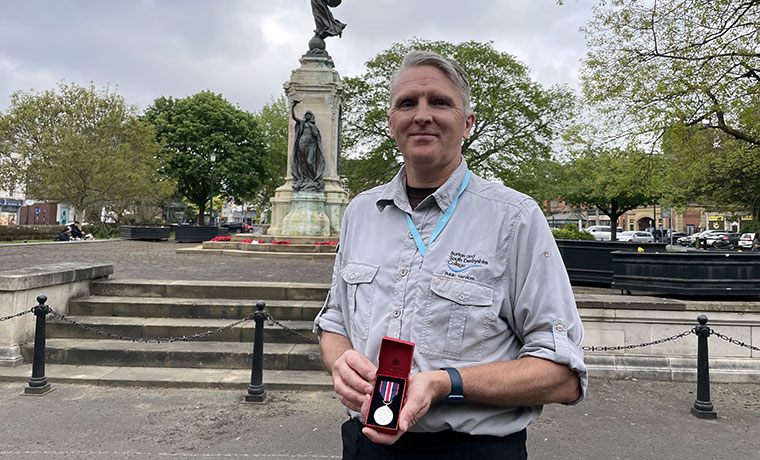UCAS personal statements create inequality and should be replaced by short-response questions

The UCAS personal statement is a 4,000 character / 47-line essay that applicants submit when applying for UK undergraduate programmes. There is growing recognition that the UCAS personal statement needs reform, including from UCAS itself and from the former Minister for Higher Education, Michelle Donelan.
However, we have a limited understanding of the challenges applicants face and what reforms may be most effective.
A new paper from the Higher Education Policy Institute, Reforming the UCAS personal statement: Making the case for a series of short questions (HEPI Debate Paper 31), by Tom Fryer, Steve Westlake and Professor Steven Jones provides new evidence and analysis to address these gaps.
The paper provides evidence of the challenges faced by applicants – analysing 164 personal statement drafts from 83 applicants from underrepresented backgrounds. It finds:
- 83% of drafts fail to supply an evidence-based opinion about a relevant academic topic;
- many applicants struggle to organise their statement effectively, with 35% failing to write with cohesive paragraphs in at least one of their drafts; and
- there is a huge toll arising from the personal statement, with some applicants spending 30-to-40 hours crafting their essay.
These challenges stem from the long-form free-response nature of the personal statement. It is this format that creates inequalities, as more advantaged applicants are better supported to meet the challenge. The long-form free-response nature also places an unnecessary burden on applicants, and does little to aid decision-making.
In its current form, the UCAS personal statement is incompatible with Universities UK and GuildHE’s own Fair admissions code of practice, which over 100 higher education providers have signed.
The paper proposes that the personal statement should be reformed to a series of short-response questions. This would address inequalities, remove any unnecessary burden and increase transparency. Two short-response questions are proposed which focus on:
- i) an applicant’s interest in their course(s); and
- ii) relevant skills.
These questions would assess whether applicants meet certain baseline competencies needed to complete a particular course, and they are compatible with the sector’s own Fair admissions code of practice.
The lead author of the report, Tom Fryer, said:
‘We know the UCAS personal statement is unfair. Our paper provides new evidence on the huge challenges applicants from under-represented backgrounds face. We place the blame on the format of the personal statement.
‘Is it any wonder that an essay without a question, a “personal statement” that’s more “academic” than “personal”, generates an ambiguity which allows those with more support to thrive?
‘Universities are currently operating an admissions system that contradicts their own code of practice. The personal statement should be replaced by short-response questions.’
Steven Jones, Professor of Higher Education at the University of Manchester and a co-author of the report, said:
‘Debates about the UCAS personal statement have been rumbling on for too long. The solution proposed here represents a compromise position and offers the first practical way forward for the sector.
‘Baseline competencies would be assessed transparently, but no longer would more advantaged applicants be given free rein to catalogue prestigious work experience and extra-curricular opportunities, or to flex their other cultural and social capitals.’
Lee Elliot Major, Professor of Social Mobility at the University of Exeter, who has called for reforms to statements, said:
‘Personal statements have become little more than barometers of middle-class privilege and are no longer fair or fit for purpose in university admissions.
‘This review adds to mounting evidence that reforms are now needed to ensure statements are an effective way of capturing a student’s passion for their subject and their academic potential.’
Sector Response
Kevin Gilmartin, Post 16 Specialist at the Association of Schools and College Leaders, said:
“The research from HEPI indicates that the personal statement in its current form favours more advantaged students, as they are more likely to receive extensive support from families and other sources.
“Students from disadvantaged backgrounds are less likely to be able to draw on that support, particularly where students come from families with little experience of university. Parents or carers of disadvantaged students are also often too busy working long hours just to make ends meet, to be able to offer any other form of support.
“Whilst teachers work hard to support students with personal statements by providing advice and guidance, they cannot solve a systemic inequity, and it is the system that needs to change. We welcome the principle of levelling the playing field in terms of university admissions and look forward to examining the proposals in more detail.”











Responses